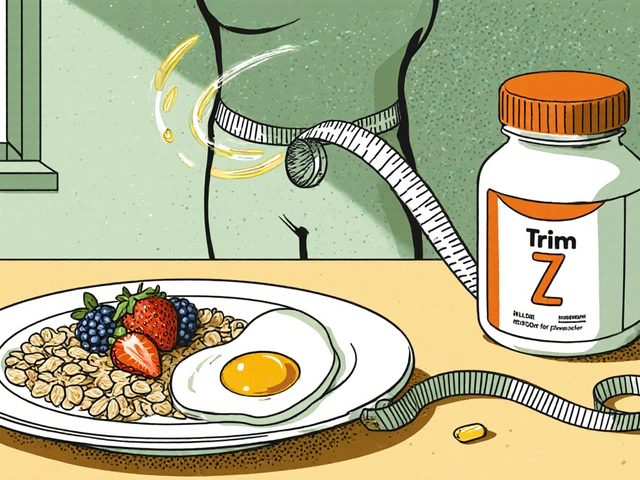Tender offer in pharma: how drug tenders work and what to watch
A tender offer in pharmaceuticals is a formal request from a buyer — usually a hospital, health system, or government agency — asking suppliers to submit bids to supply medicines or medical products. It’s the main way big buyers secure lower prices and steady supply. Whether you sell drugs or buy them, understanding tenders prevents costly mistakes.
How drug tenders work
Tenders start when the buyer publishes a document with exact specs: drug name, strength, pack size, quantity, delivery windows, and required certifications. Suppliers prepare bids that include price, lead time, quality certificates (like GMP), and payment terms. The buyer scores bids on price, quality, delivery history, and compliance. Winners get awarded a contract for a set period or volume. Some tenders allow multiple winners to split supply by region or product lot.
Practical tips for suppliers and buyers
Suppliers: read the specification line by line. Price to win, but don’t undercut so far you can’t meet the contract. Double-check documents—missing certificates or batch records are common rejection causes. Map your logistics: short lead times and reliable warehouses increase your score. Consider offering trial lots or flexible delivery slots. If you’re small, team up with a distributor to cover requirements like local registration and invoicing.
Buyers: write clear, measurable specs. Ask for real batch samples or stability data when shelf-life is critical. Don’t pick purely on the lowest price; check supplier references and audit history. Split large contracts across trusted vendors to avoid single-point failures. Add performance penalties for late delivery and clauses for product recalls.
Legal and compliance: follow local procurement rules and competition law. Require GMP, registration in the destination country, and valid import licenses. Watch anti-bribery rules: document communications and use sealed bid processes when required. Keep audit trails for every award decision in case of challenges.
Common pitfalls: unrealistic delivery windows, unclear specs, currency and tax surprises, and ignoring cold-chain needs for temperature-sensitive drugs. Also watch for short-dated stock—inspect expiry dates before acceptance. Missing a tender deadline or one small missing document can disqualify a perfectly priced bid.
Timeline snapshot: drafting specs (2–4 weeks), bid period (2–6 weeks), evaluation (1–3 weeks), contract award and mobilisation (2–8 weeks). Complex tenders and public procurement can take longer; plan resources accordingly.
Quick checklist: read the specs; verify certifications; price realistically; confirm logistics and cold chain; allow time for registration and customs; keep clear records. Tender offers can unlock steady business and better prices if you approach them with a plan. Need help preparing a bid or writing tender specs? Start with the checklist and address the highest-risk items first.
Real example: a city hospital ran a tender for 24,000 packs of amoxicillin. They required delivery in three monthly batches and proof of GMP plus two prior references. Bids were evaluated 60% on price and 40% on quality and delivery history. The winning supplier offered slightly higher price but guaranteed on-time delivery and passed a quick site check. Warranty included.

- Mar 22, 2024
- Posted by Cillian Osterfield
Eterna's Ownership Changes: Preline Limited's Tender Offer for Share Acquisition
In a strategic move to consolidate its ownership, Preline Limited, the majority shareholder of Eterna Plc, has obtained SEC's approval for a tender offer to purchase remaining shares from minor shareholders. Owning over 60% since 2021, Preline aims to strengthen its control further with this acquisition.
Categories
- Health and Wellness (72)
- Medications (69)
- Health and Medicine (28)
- Pharmacy Services (12)
- Mental Health (9)
- Health and Career (2)
- Medical Research (2)
- Business and Finance (2)
- Health Information (2)
Latest Posts
©2026 heydoctor.su. All rights reserved





